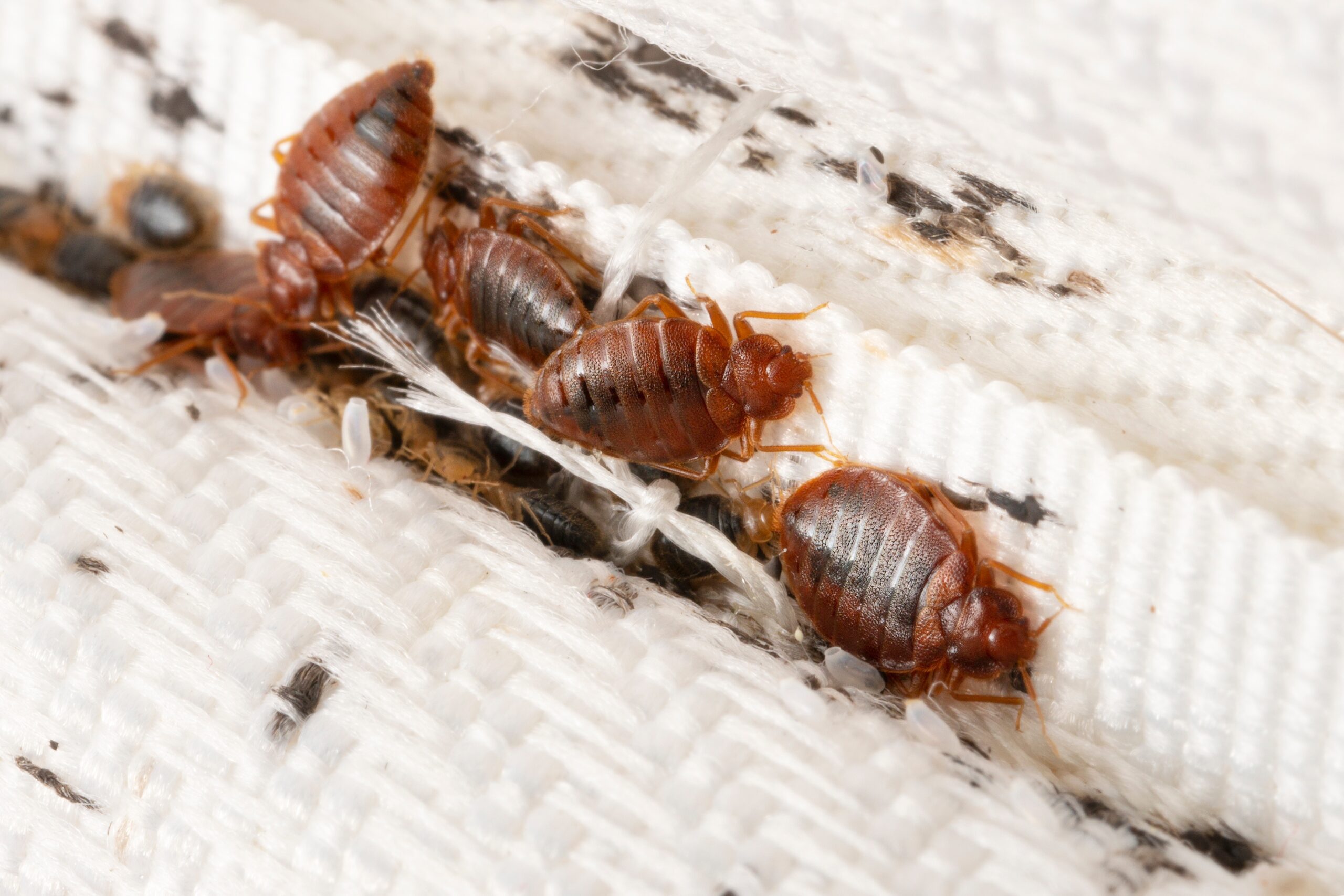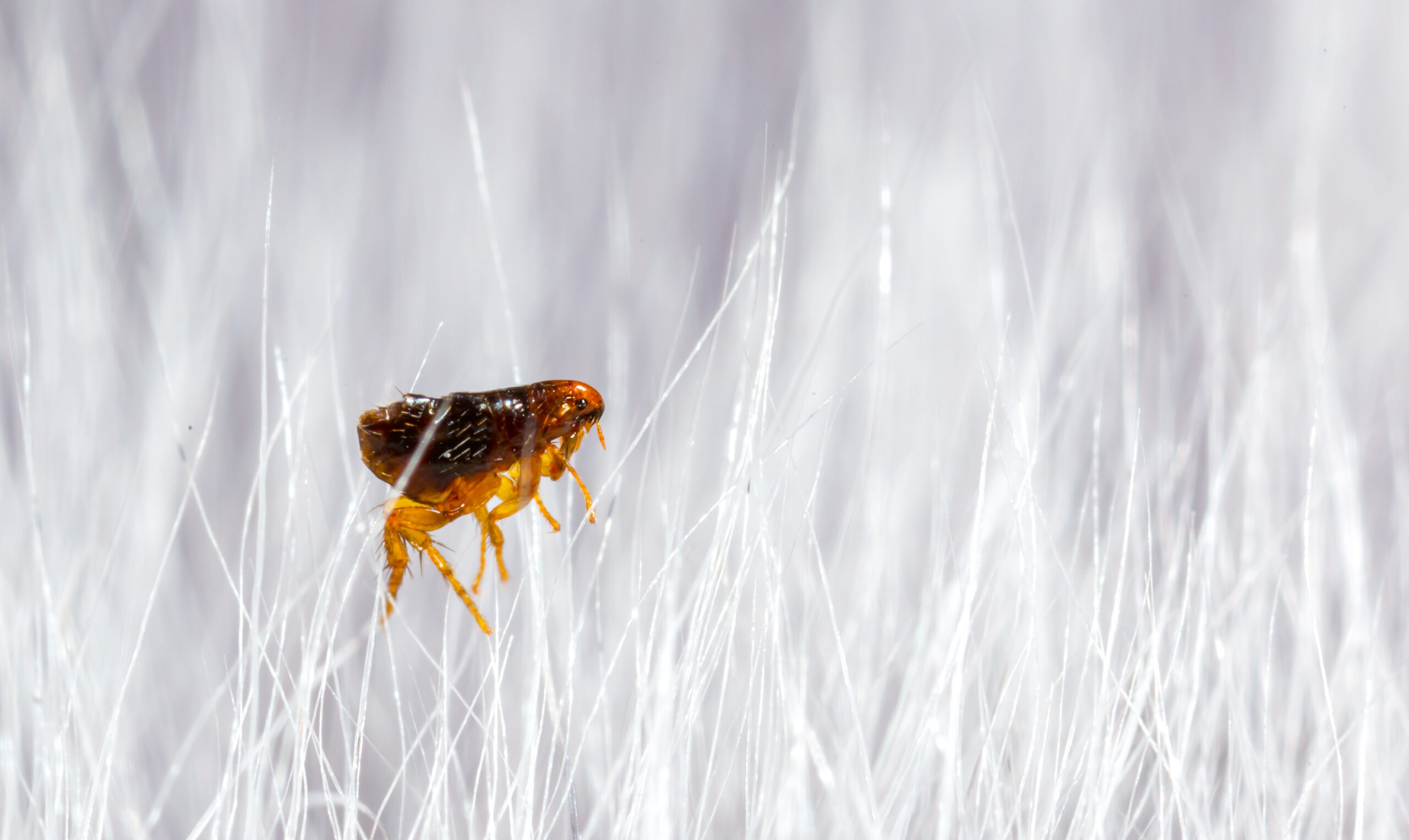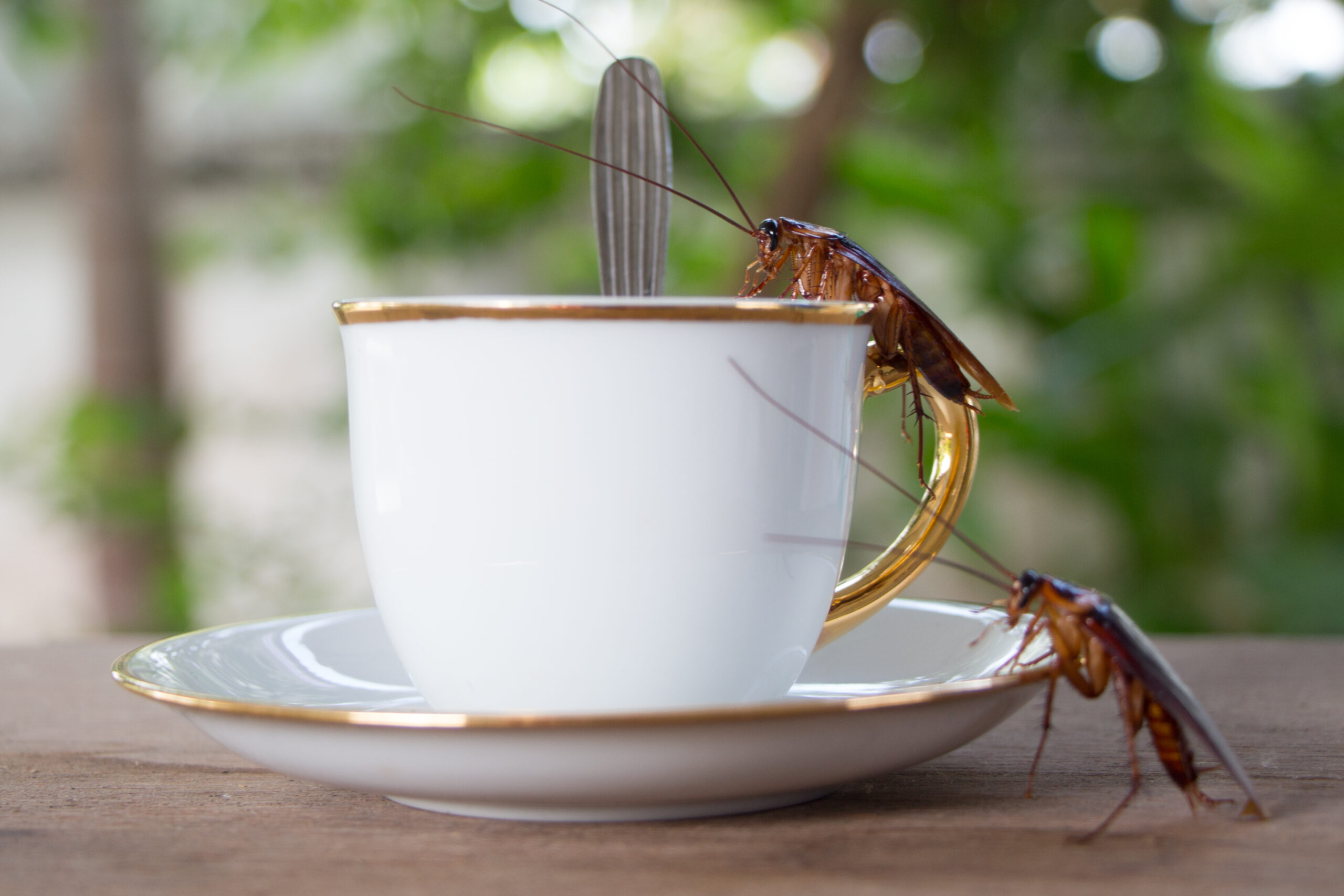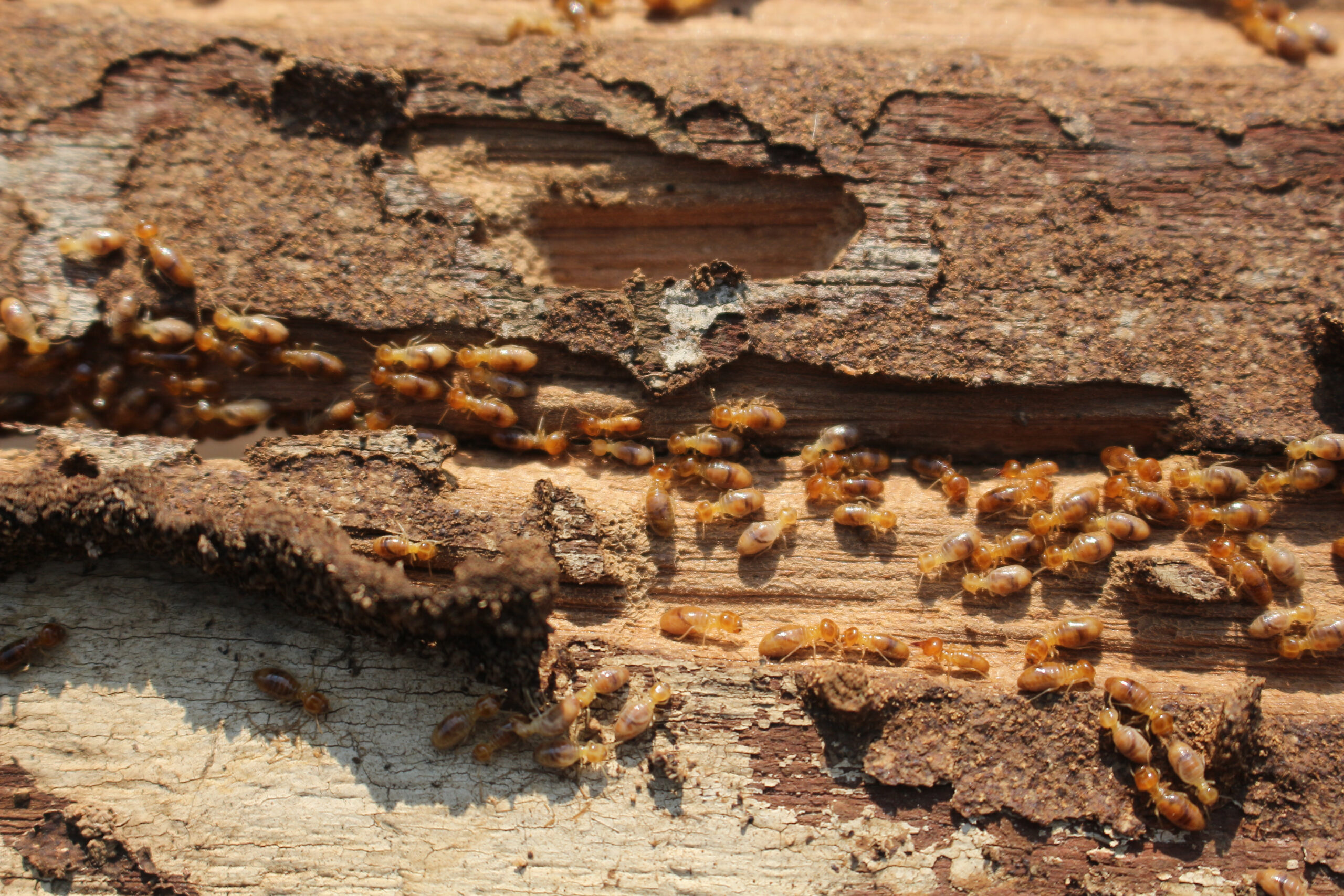The Four Most Difficult Pests to Control
The Four Most Difficult Pests to Control
Tomorrow, June 6, is a big day in the world of pest control: it’s World Pest Day! When it comes to eliminating a pest infestation, each species has its own problems. Some invade in huge numbers that make it difficult to determine if every single one has been treated, while others contaminate our food by making a beeline for the pantry. But there are specific pests that are notorious for being the most time-consuming and frustrating to control, and can even take the professionals more time to completely solve the problem. By keeping an eye out for signs of pests and the damage they cause (remember: no type of house damage is random), it is possible to catch a pest problem before it becomes too overwhelming. But these four pests are difficult to control in any amount, and each one has their own reasons why.
Bed Bugs

Any pest that is active at night is automatically more difficult to eliminate. This is certainly the case with bed bugs, which also have the advantage of being tiny and flat in order to fit within tight spaces. They commonly hide in any part of a bed due to the proximity to their food source every night, but bed bugs can also be found in idle piles of clothing or furniture. There are two main ways that bed bugs are discovered when there is a large population in a bed. One is if you actually see one of the little pests, especially if it’s in the immediate area that the bed-owner received bites. The other sign is if you find red or brown spots on the bed, primarily if there are multiple in a row or circle.
Besides their sneaky skills and minute size, bed bugs are also tough to control because they are tough themselves. Their hard shells block against traditional pesticides, so individual bugs need to be treated on a personal level. Female bed bugs start laying eggs as soon as they begin feeding, and can lay more eggs through the remainder of their days. But these pests can also live without any food for a few weeks, so they can explore other options if their previous food source is no longer adequate. This is how bed bugs can spread throughout apartment buildings or hotels with ease. The easiest way to determine that a bite is a bed bug bite, rather than a flea or mosquito bite, is to look at the details. The bites from bed bugs are red-brown and in a cluster or line of small, itchy welts. If you or someone in your family wakes up with new bug bites, it is worth it to have a professional inspect for bed bugs before their population grows too much.
Fleas

Similar to bed bugs, fleas are also difficult to control because we often don’t find them until after they bite us and leave itchy red marks. These pests are also tiny, averaging about 1/8 of an inch long, and use their expert jumping skills to avoid detection by the host. Fleas live for about 100 days and don’t have to spend that entire time on the same host. Although they can travel between hosts as often as they want, provided there are multiple hosts in the vicinity, fleas prefer to lay their eggs on a host that they have already been feeding upon for a little while. Considering they can lay up to 500 eggs in their lifetime, a flea problem can go from bad to worse very quickly if they are left untreated and continue to gain nutrients from the blood they consume.
Speaking of flea eggs, this life stage is the most impervious to pesticides. This is why pest control companies (such as Pointe) need to schedule a follow-up visit to properly eliminate a flea infestation. After the treatments kill the older fleas, the eggs hatch and the new fleas are now vulnerable to the next round of treatments. Fleas of any age will not invade a home just for fun, so a sudden flea invasion means that they were picked up outdoors and brought inside. Both furry pets and humans can be bitten by fleas, but the pests prefer to stick with dogs and cats because the fur hides them better. Strange behavior from your pet is often the first sign of an invasion, and can include scratching, nibbling, and shaking the parts of their body that the fleas are biting. A flea problem is also difficult to completely treat because both the home and any pets living there have to be synonymously treated. There’s no point in a technician applying indoor treatments if the pets are not properly treated for the ticks actually living on them. Your furry friend must be sanitized and cleansed with targeted flea treatments, and the areas that they hang out in the most (like a bed or a section of carpet) should be washed and sanitized until the flea problem is resolved. A good vacuuming of the area never hurts either!
Roaches

There are many reasons why a roach invasion is so difficult to eliminate. Cockroaches are fast reproducers, expert scavengers, and experienced hiders. They are nocturnal and emerge from their hidden shelters to scavenge for as much food as possible. Roaches can hide just about anywhere, but their favorites include under appliances, inside walls, and in water sources. No matter where they are, roaches need to be in close proximity to moisture and food. They aren’t picky and will eat just about anything, including cardboard, garbage, and our food. Although many roaches can fly short distances, they often prefer to crawl since their favorite foods are close to the ground anyway.
When they are well-fed, roaches can lay thousands of eggs a year. Depending on the species, they either leave the brown egg casings to hatch later or actually carry the eggs with them. Like many other pest species, roach eggs are not often affected by pesticides due to the tough casing. Roaches will take advantage of any cracks and gaps in the structure, and they can stay hidden longer than most insects. Because of this habit, the primary sign of a major roach infestation is actually seeing a cockroach during the daytime. With the combination of roaches being nocturnal and preferring seclusion, they will not be easily found in the daylight if they can help it. Seeing a roach scuttle across the floor means that the infestation has grown so much that some roaches are forced out of hiding. If you see a cockroach, contact pest control services immediately. The most efficient way to kick these pests to the curb is to get professional services on the scene as soon as possible.
Termites

We have arrived at what is largely considered to be the most difficult pest to control: termites! These wood-boring insects do not emerge from their deep tunnels very often, and each termite in the colony has a specific job that contributes to the overall health of the group. There are three social classes in each termite colony: workers, swarmers, and soldiers. The workers are 3 to 4 millimeters long and work to carve out the intricate tunnels within the wooden material that they are in. Swarmers are the reproductives that scout out the next nesting location before they lay eggs and become the king and queen of that colony. Soldiers guard the entrances to the tunnels and only allow termites with the same pheromones as the rest of the colony to enter. Termite colonies can number in the thousands and into the millions if they are left alone, so it is essential to eliminate any termite infestation immediately.
Termites favor moisture damage and old wood because those are the easiest to make into their home. They dig as deep as possible into whatever type of wood they invade, which makes it nearly impossible to treat them without professional treatments. This is especially true if the termites nest inside the walls or under the house, as they will go into the most out-of-reach places. The workers create mud tubes on the exterior of their tunnels, so it is possible to see the paths that they take on the outside of the structure. Similar to cockroaches, the sighting of any termites means that the invasion is huge and has driven some termites out of the original nest. The key to controlling termites is to eliminate all of the termites in a colony. If just the queen dies, the colony can restart with a new swarmer and carry on as usual. When it comes to termites and their constant reproducing, it’s best to call in the pros and receive efficient treatments from the start.
Solving Major Pest Problems is Pointe’s Speciality
Considering the fact that using the incorrect treatments and targeting the wrong areas can make a pest problem even worse, it’s best to leave the pest invasions to the pros. If you have a pest issue that needs to be removed – or if you simply want to prevent pests from making an entrance in the first place – Pointe Pest Control is here to help! Our technicians are all trained and certified in servicing for dozens of pests, no matter the season or size of the invasion. By using the initial thorough inspection and the direct conversations we have with each client regarding their pest concerns, we are able to create a customized treatment plan that will eliminate the problem as efficiently as possible. Contact us for a free quote on the most thorough pest control services around!
Citations
Getting rid of fleas. (2020, August 13). CDC. Retrieved April 7, 2023, from https://www.cdc.gov/fleas/getting_rid.html
McCarthy, N. (2020, May 31). Which bugs are hardest to get rid of and why?. Steri-Fab. Available at https://www.sterifab.com/post/hardest-to-kill-bugs (Accessed on April 7, 2023).
Morgan, S. (2019, November 12). Three of the most difficult pests to eradicate completely from your home. San Joaquin Pest Control. Available at https://www.sanjoaquinpestcontrolinc.com/blog/three-of-the-most-difficult-pests-to-eradicate-completely-from-your-home (Accessed on April 7, 2023).
The 4 worst pest infestations you can have. (2018, August 24). Griffin Pest Solutions. Retrieved April 7, 2023, from https://www.griffinpest.com/blog/4-worst-pest-infestations/
Why are these 3 pests so hard to get rid of?. (2021, July 30). BuzzKill. Retrieved April 7, 2023, from https://buzzkillpestcontrol.com/blog/why-are-these-3-pests-so-hard-to-get-rid-of/
Why fleas are so hard to control. (2015, May 20). Why fleas are so hard to control. Russell’s Pest Control. Retrieved April 7, 2023, from https://www.russellspest.com/blog/why-fleas-are-so-hard-to-control/
Request a Free Quote Today
(We do not share your data with anybody, and only use it for its intended purpose)
